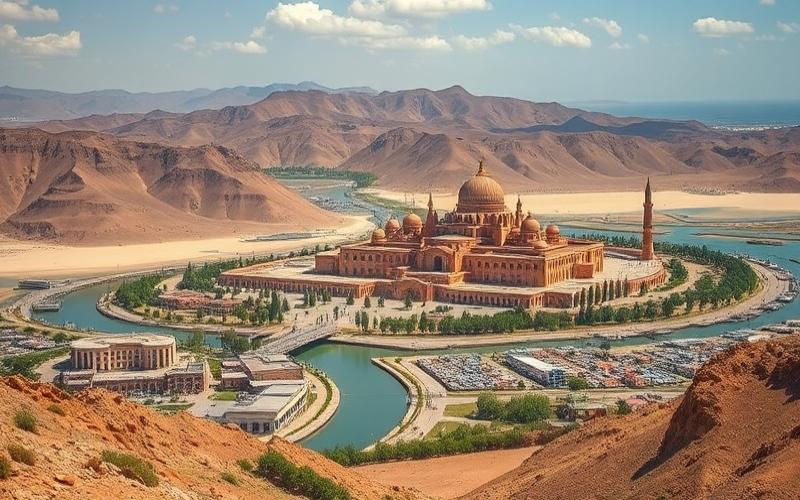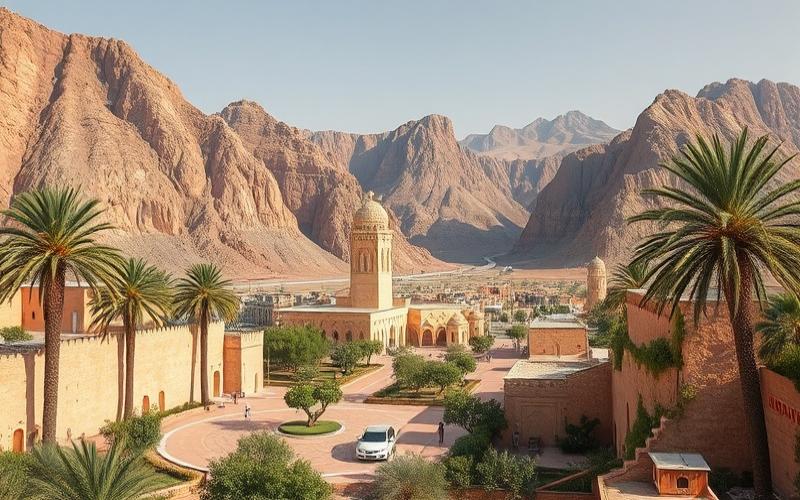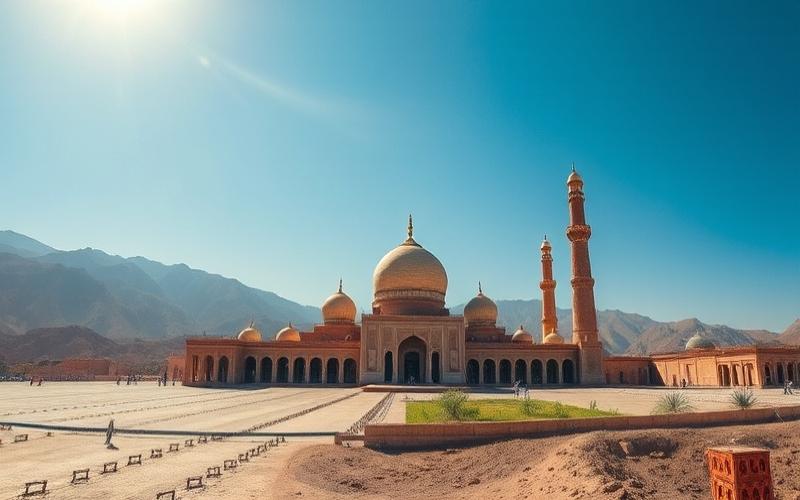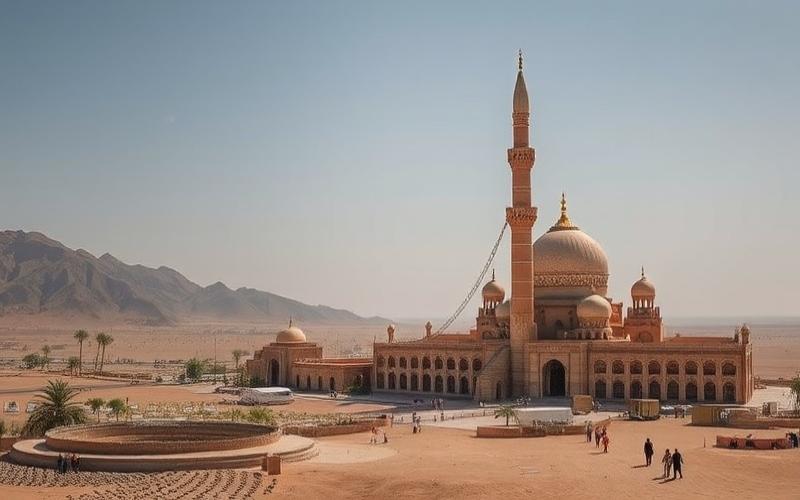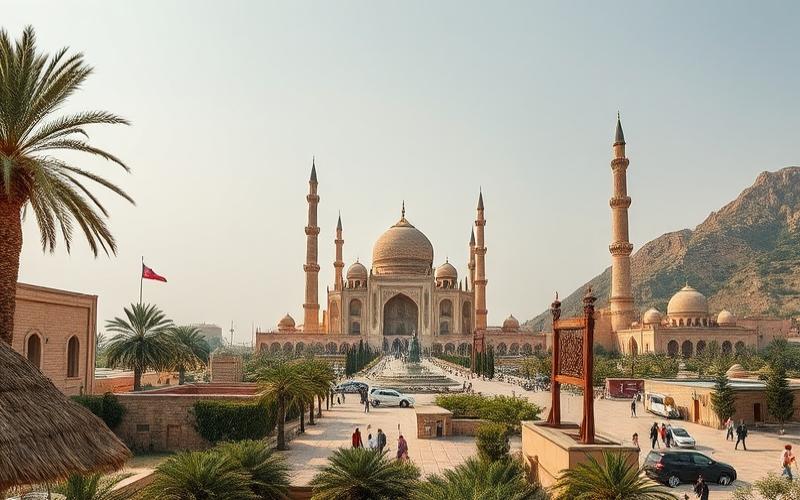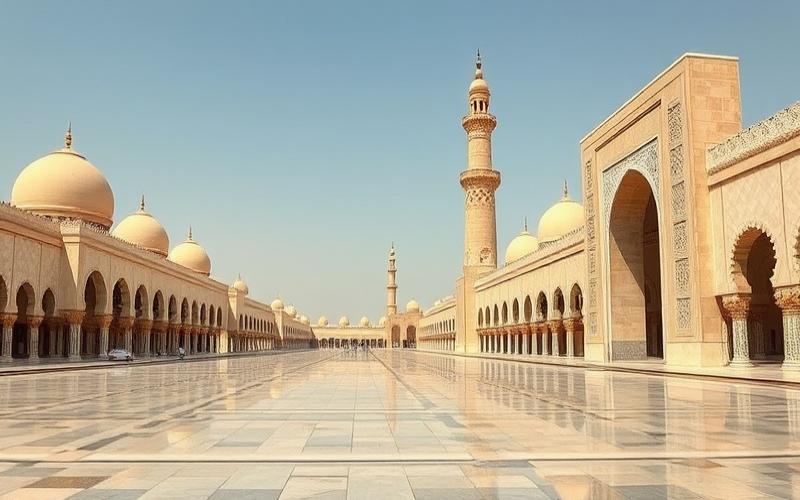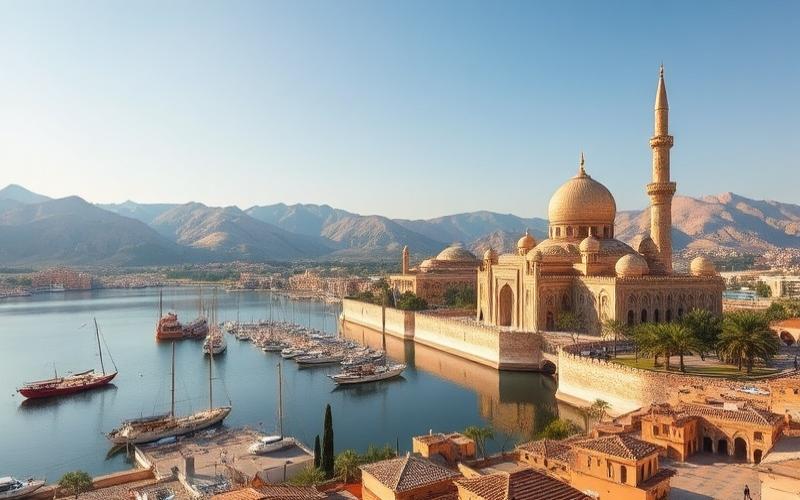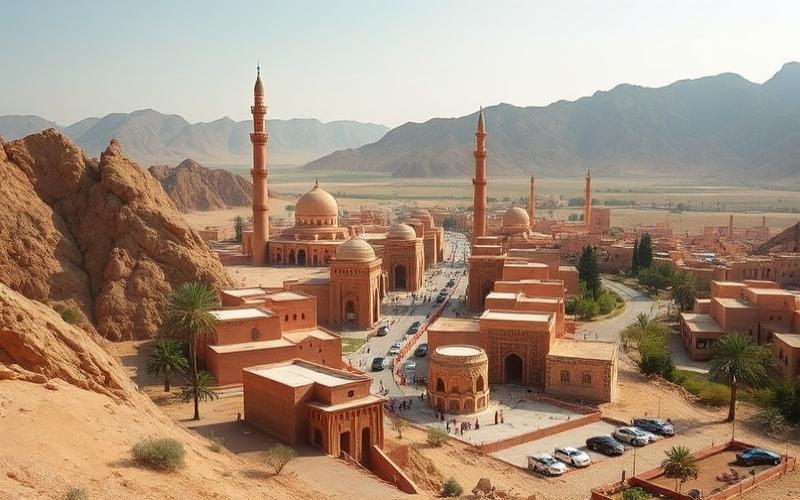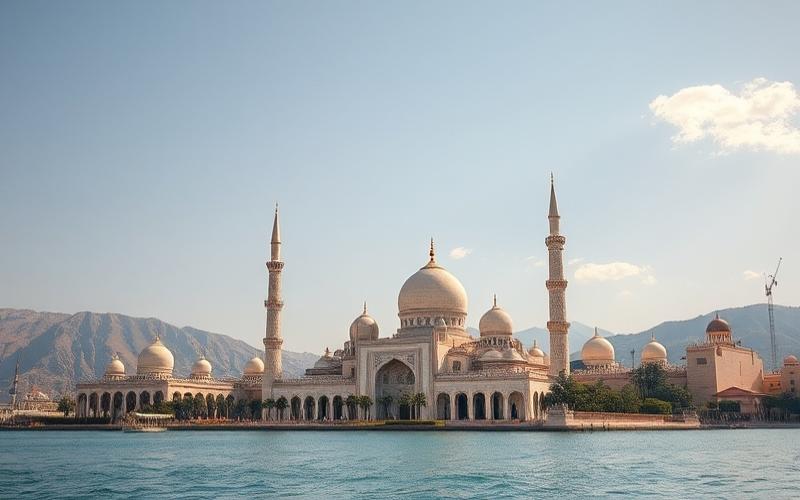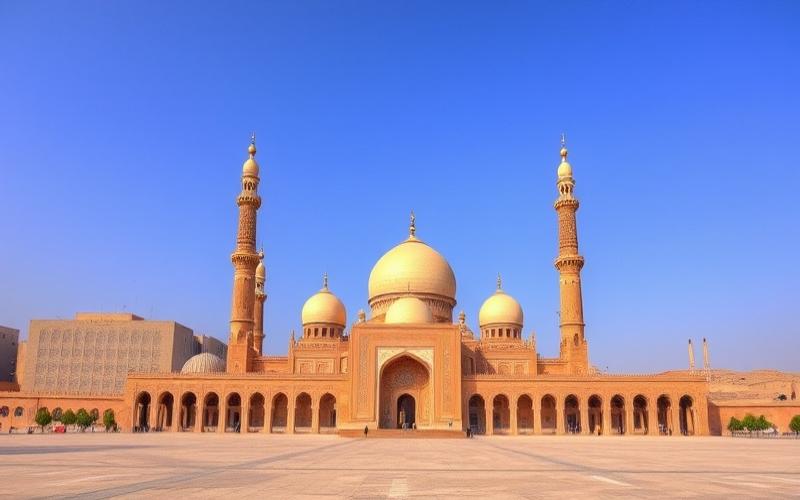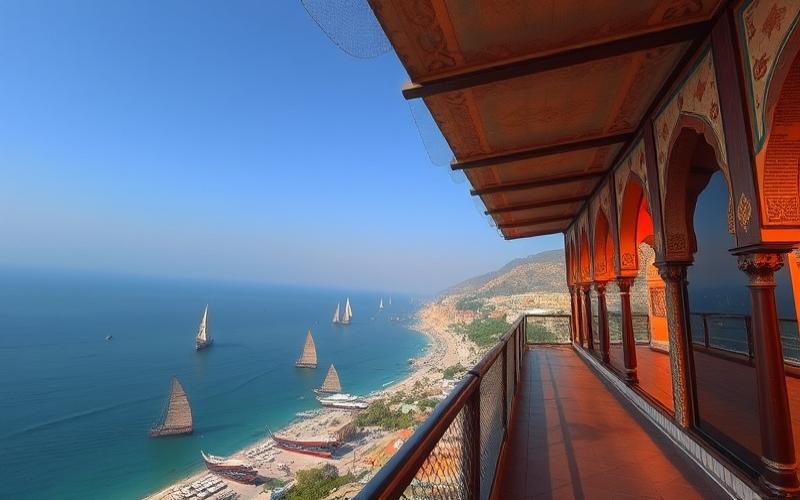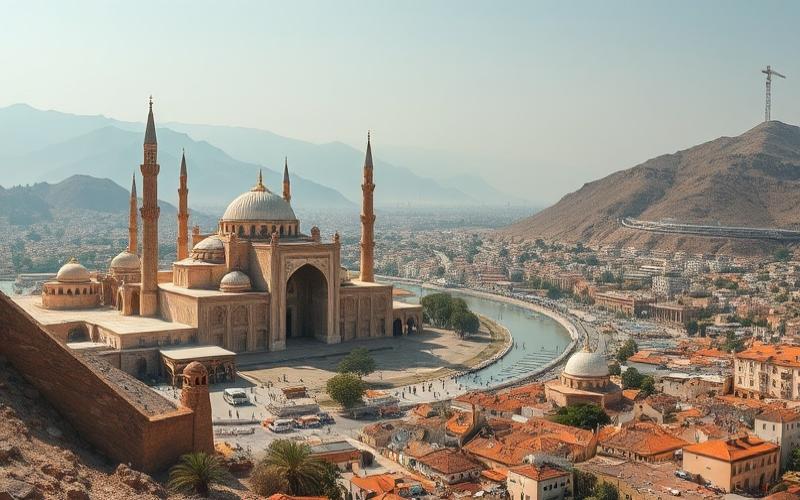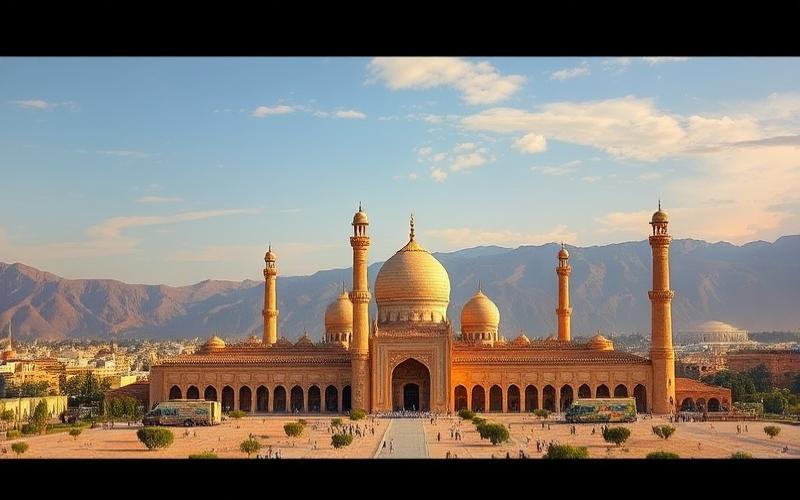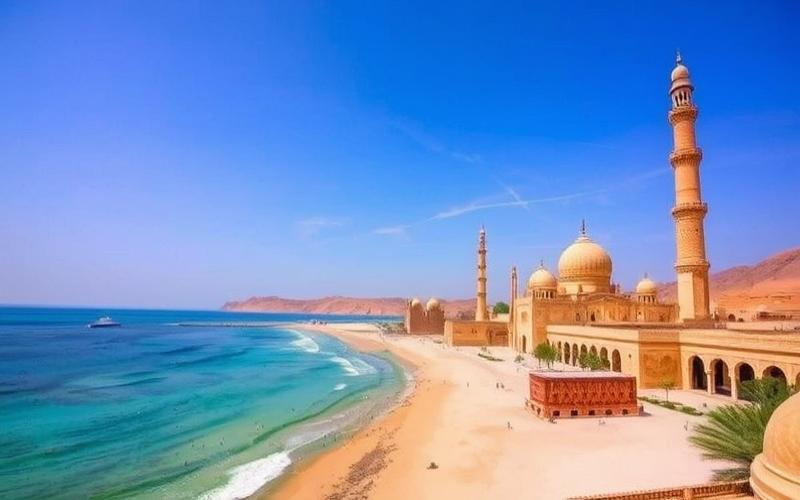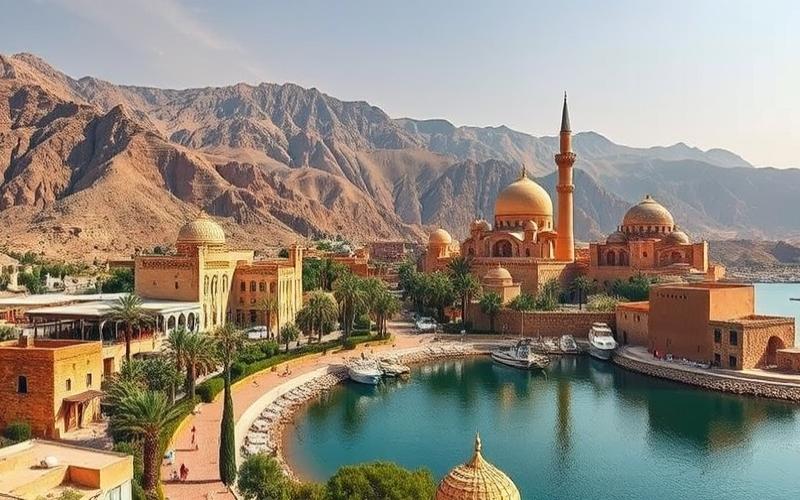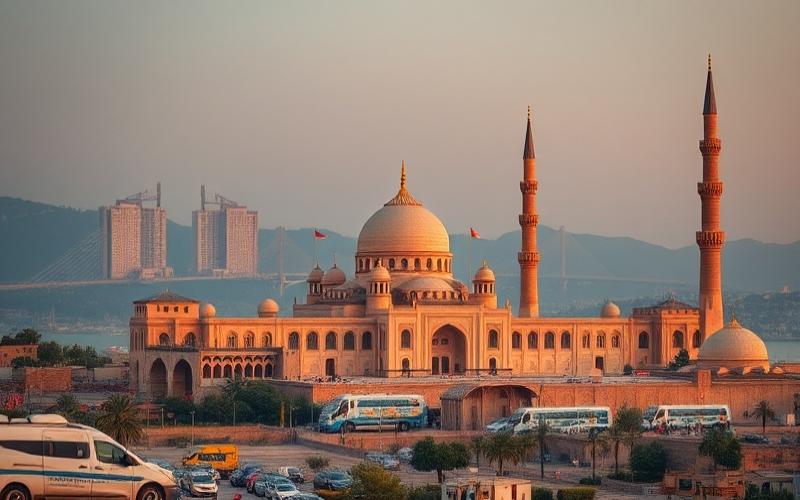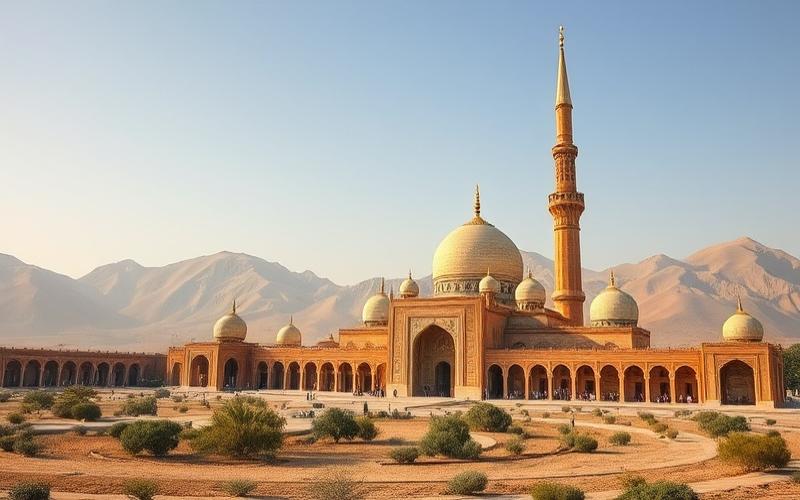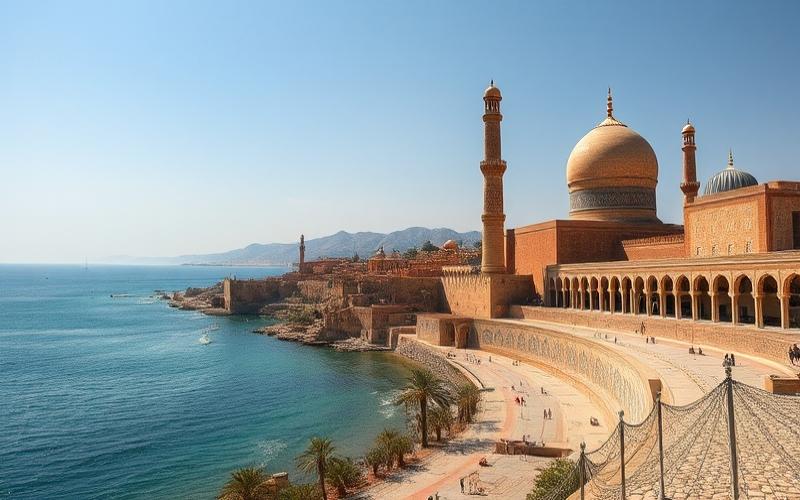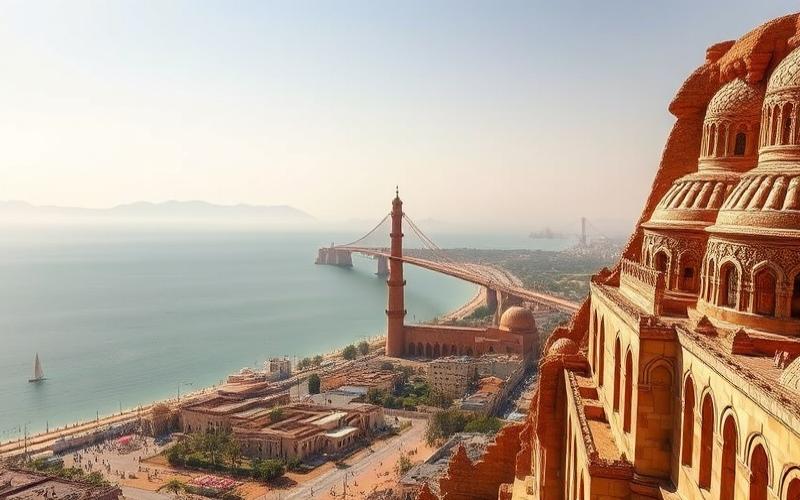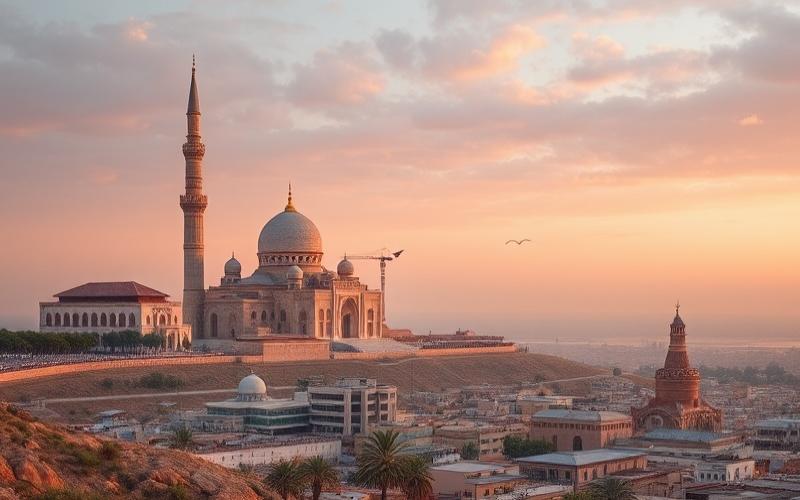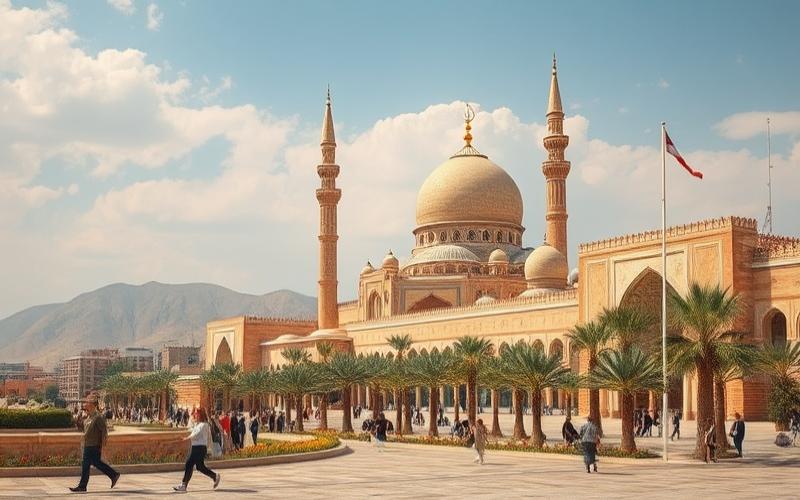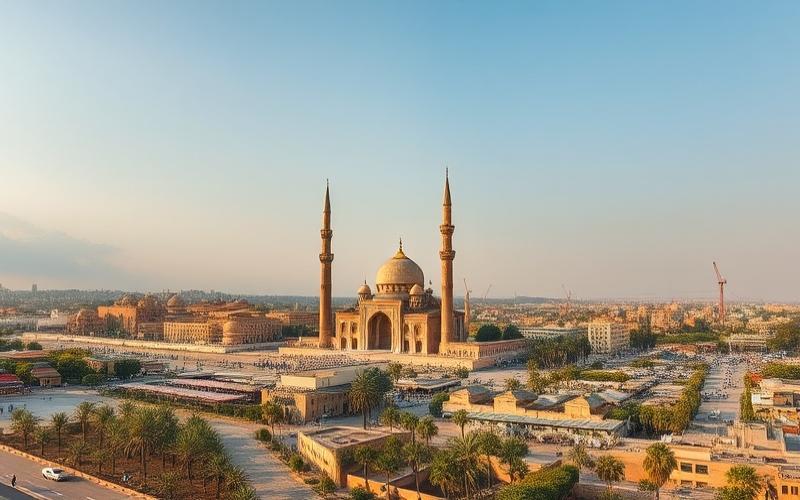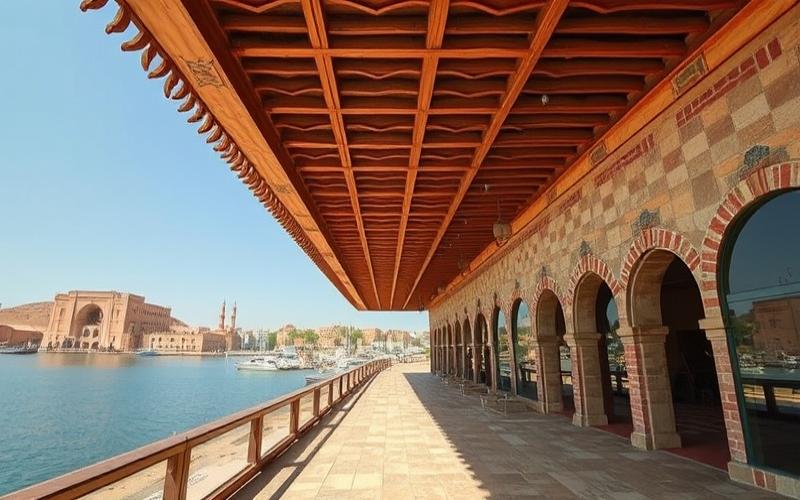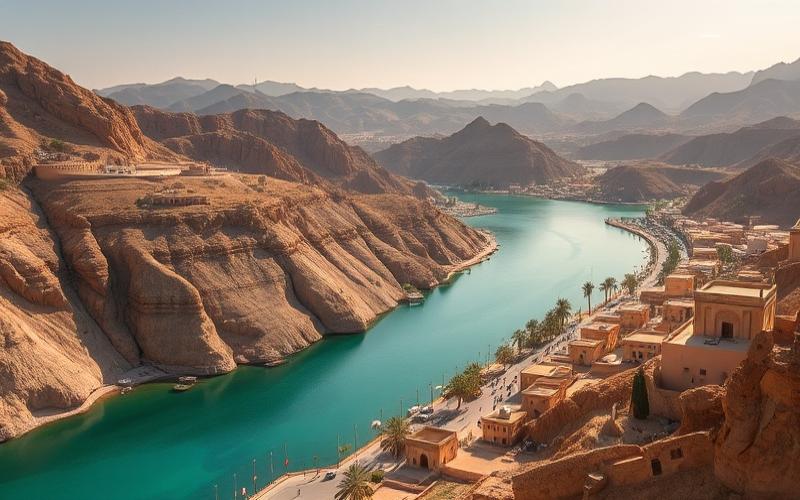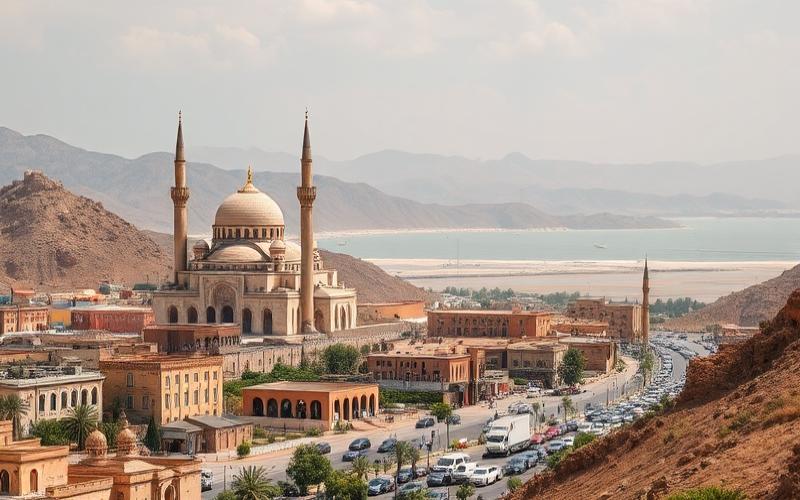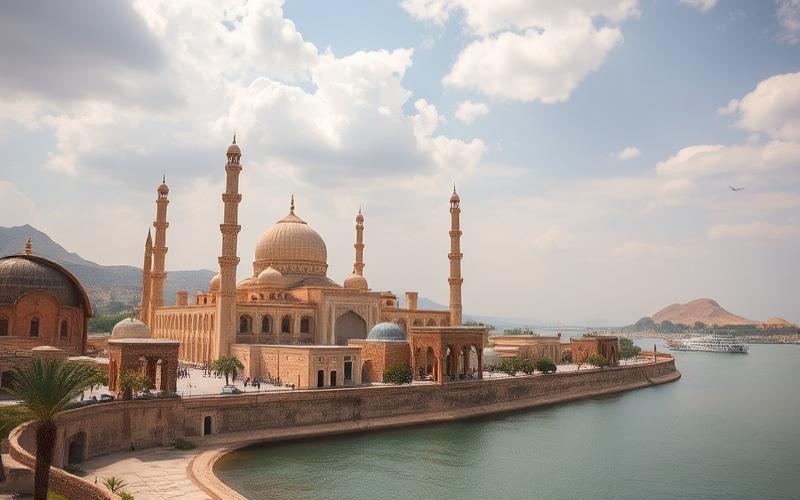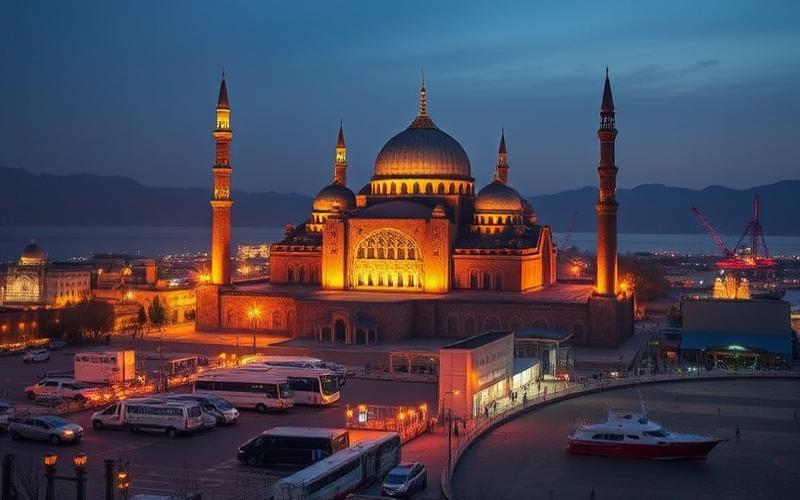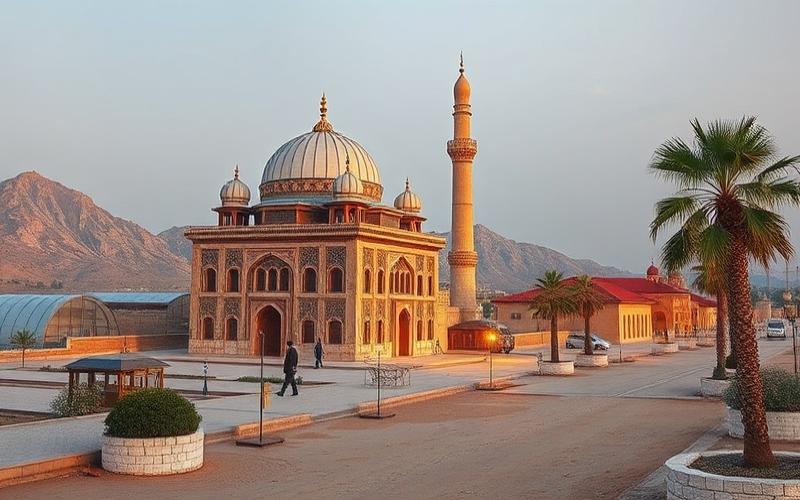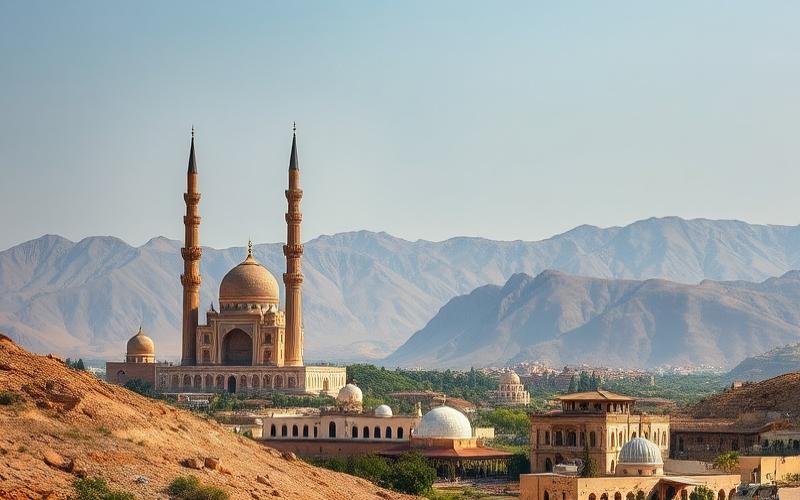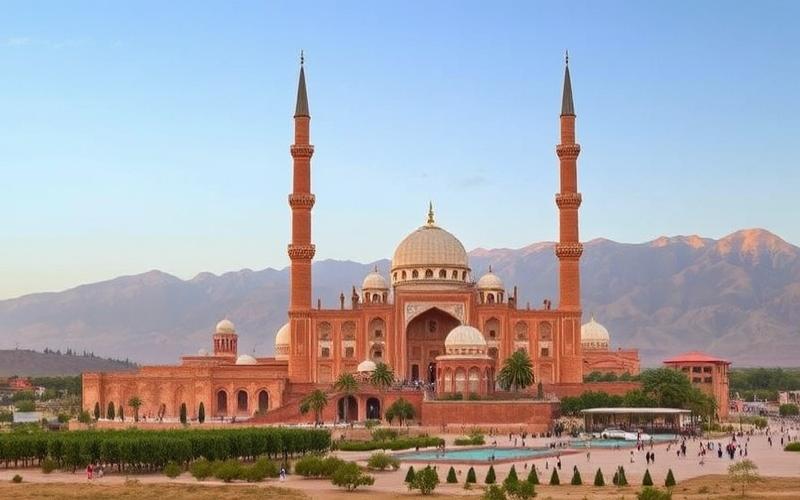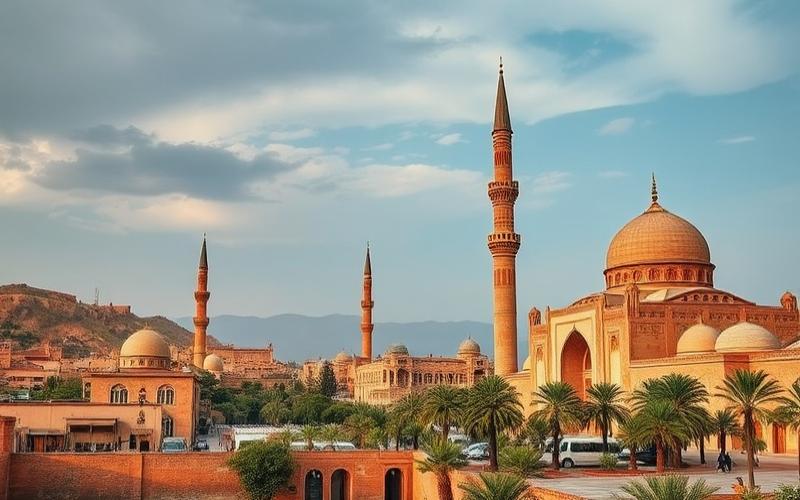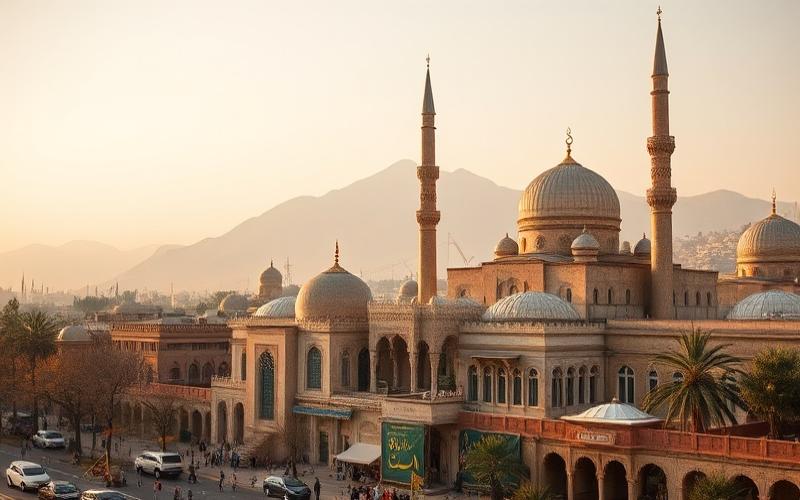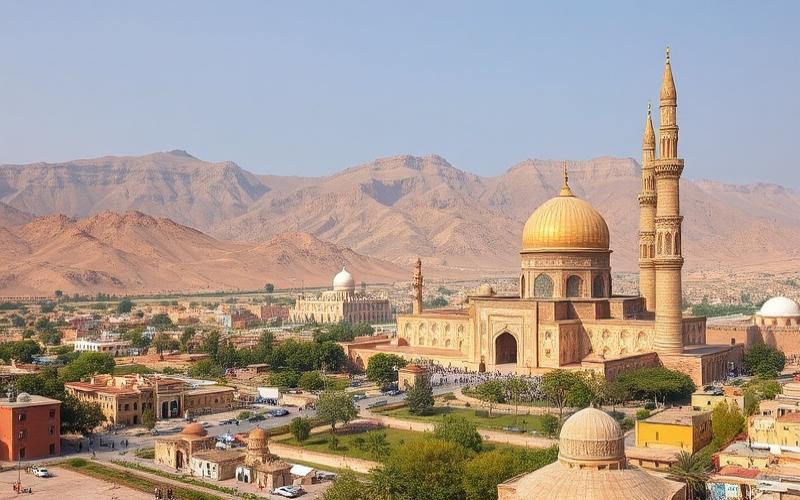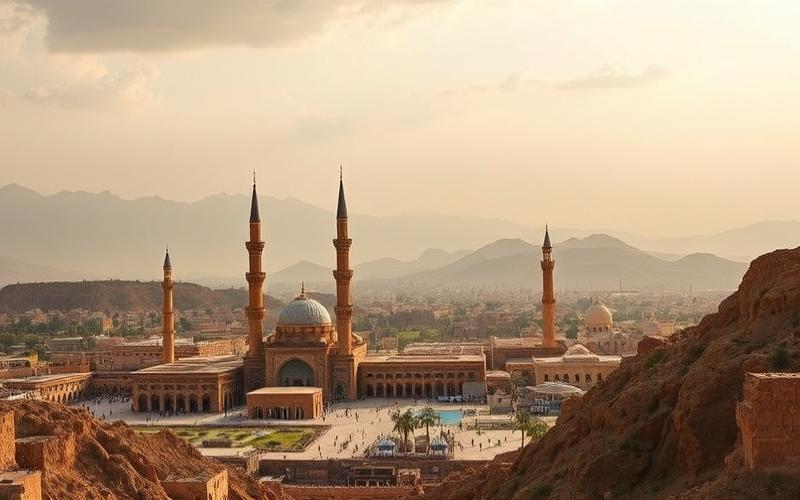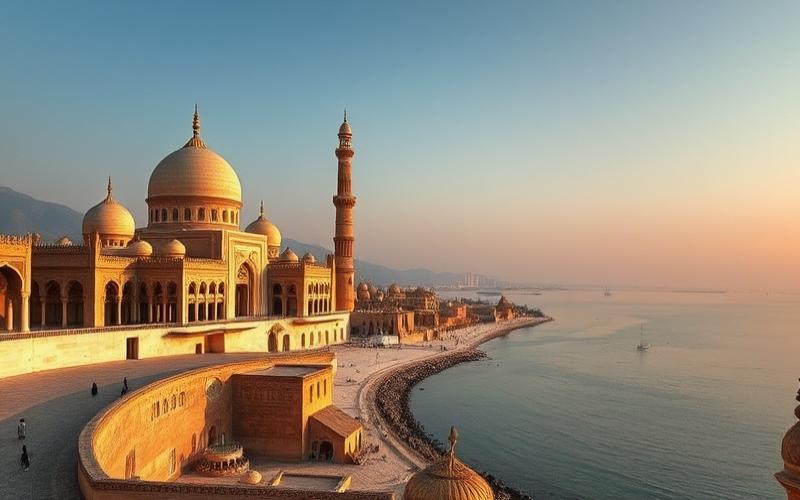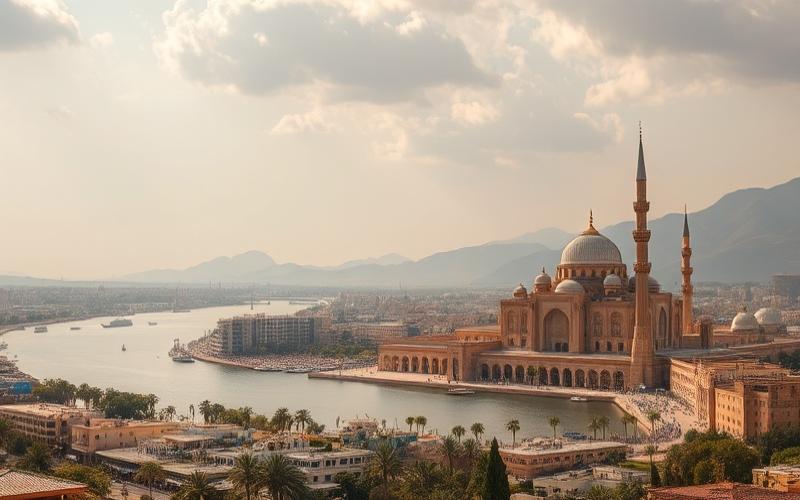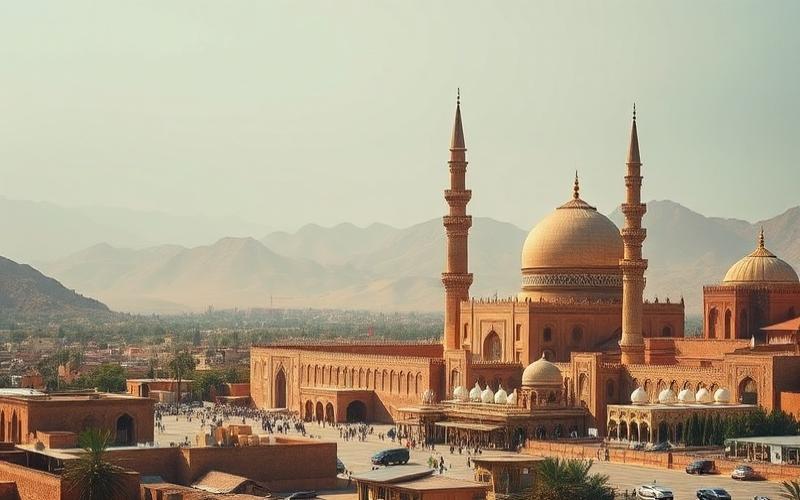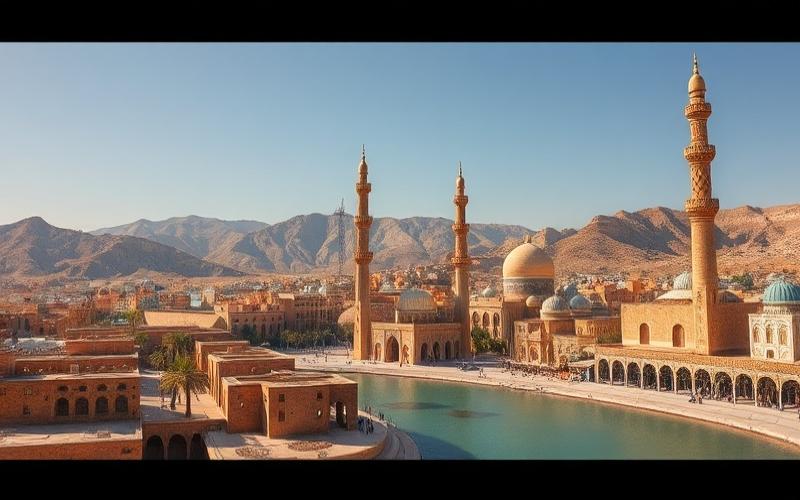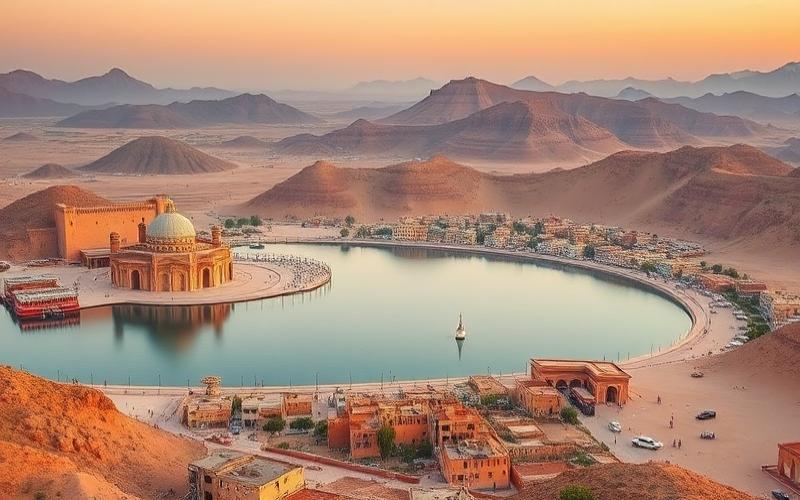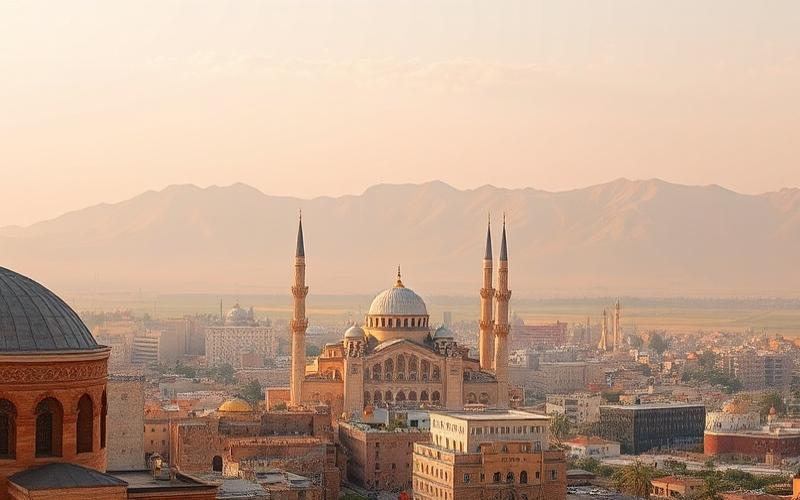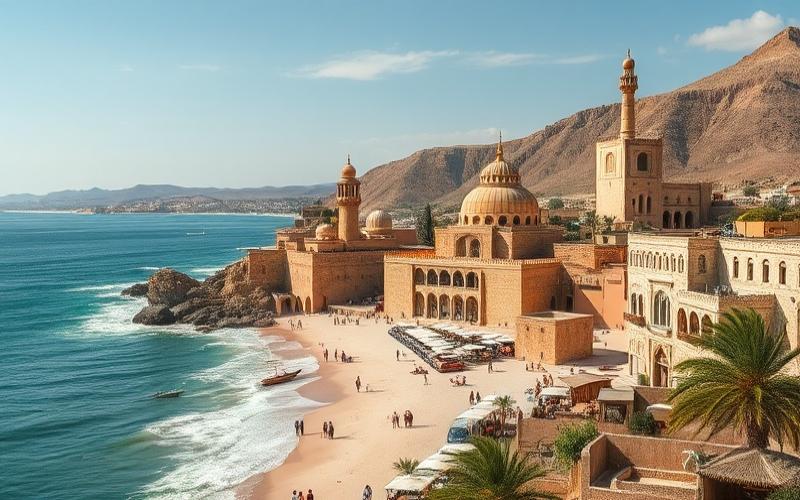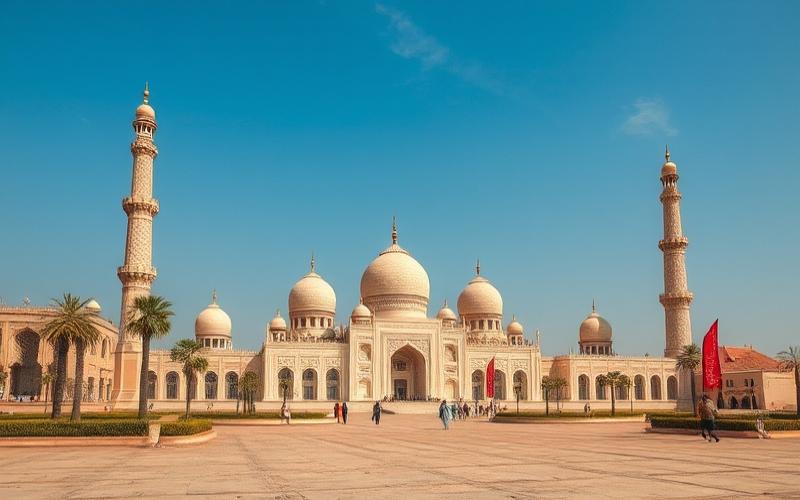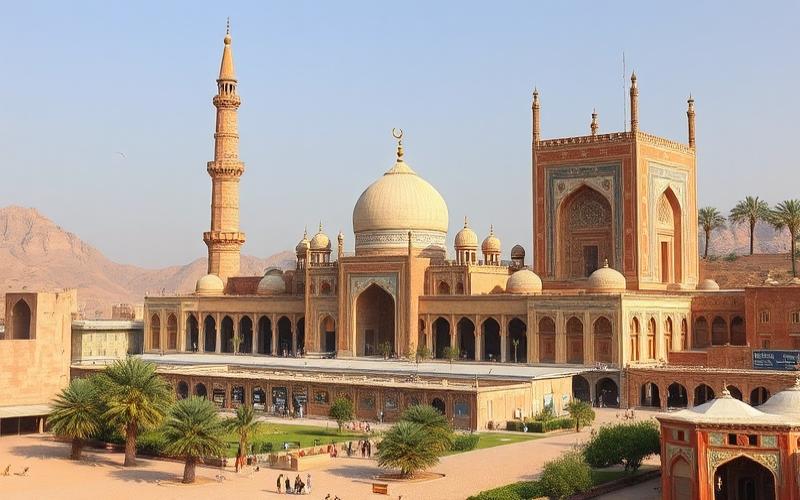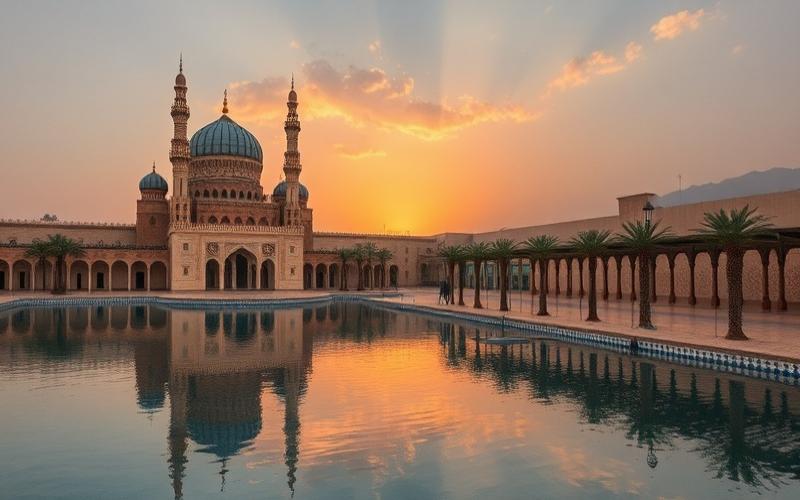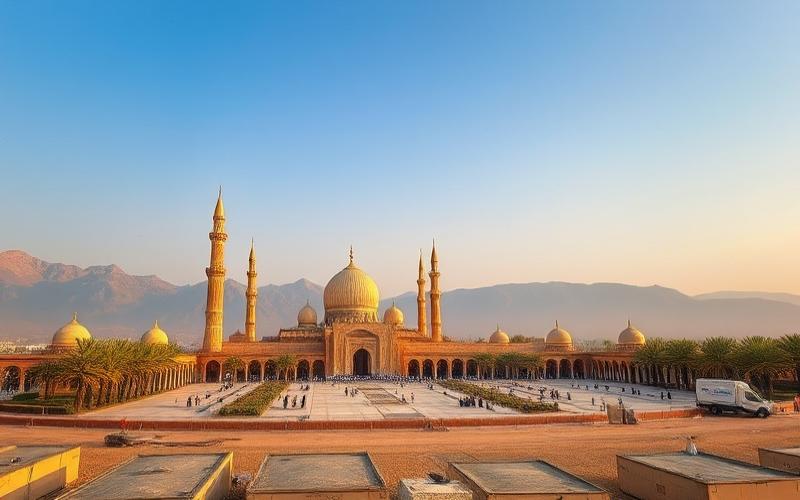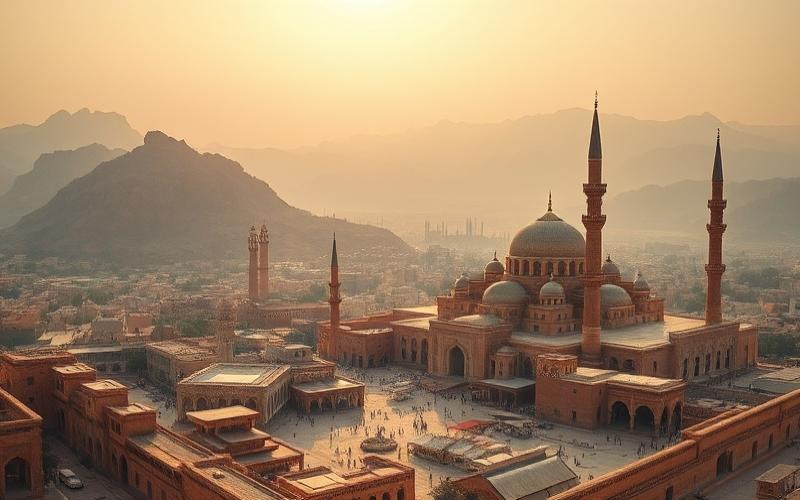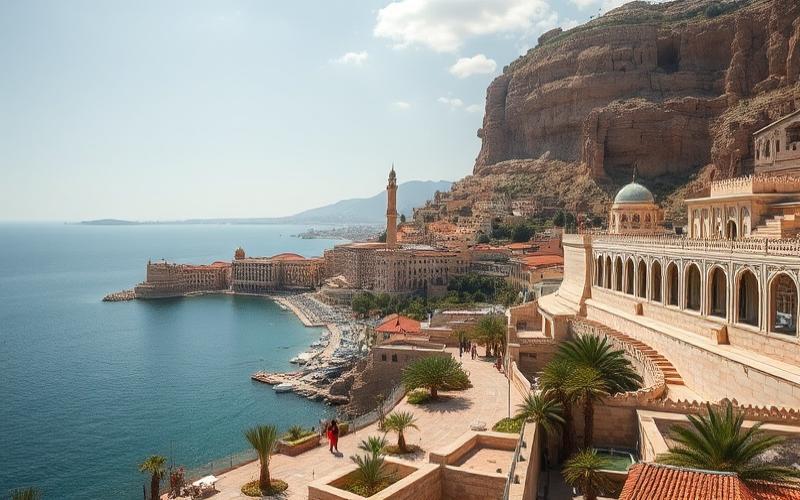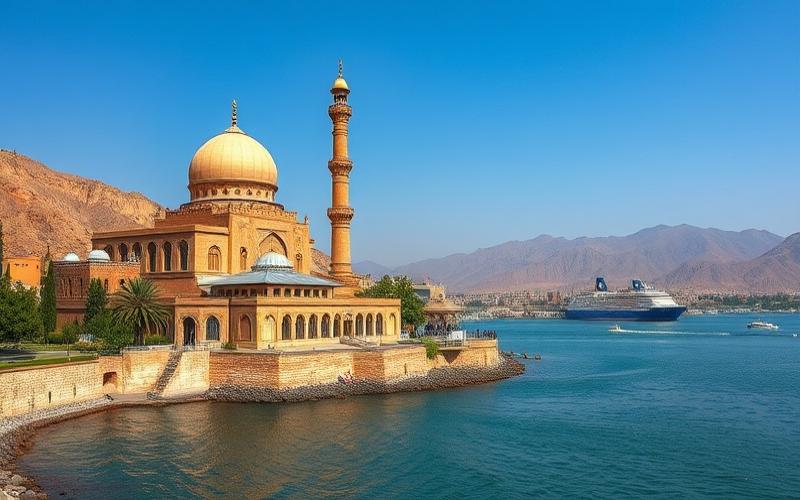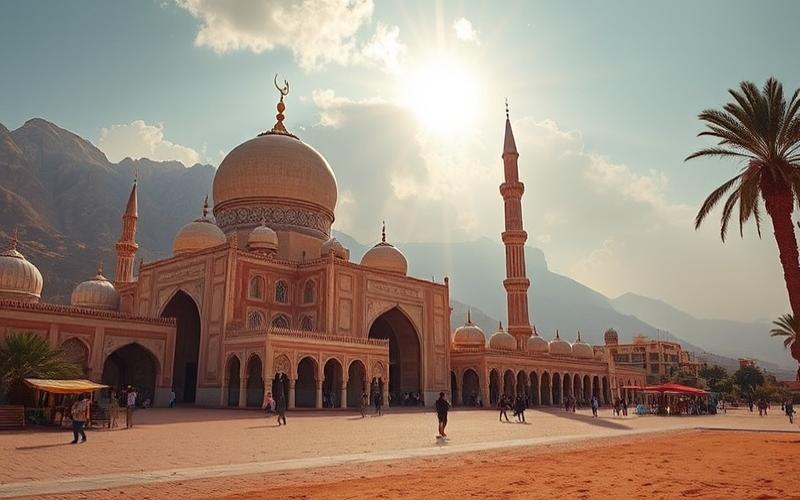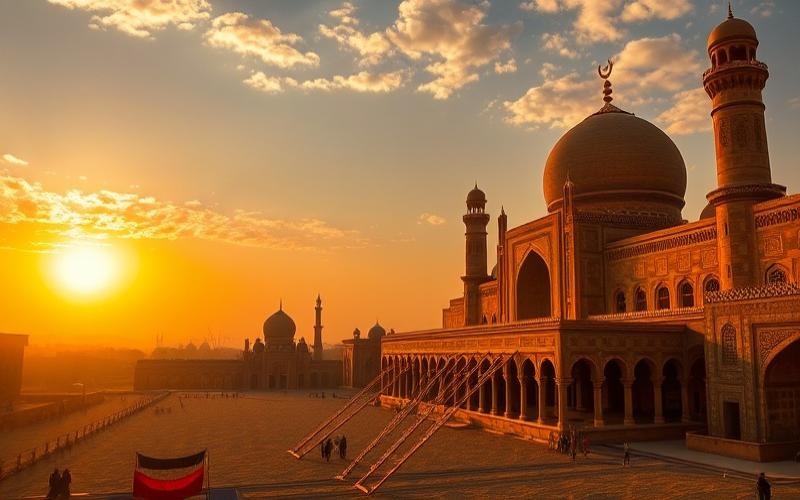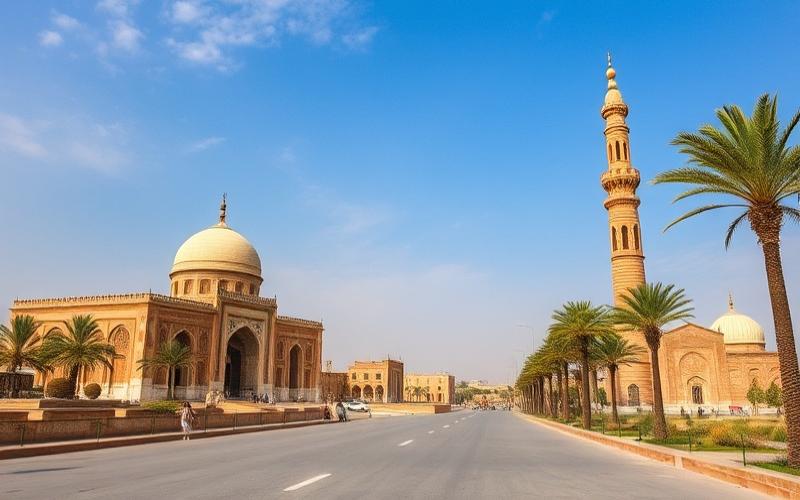
 Published on and written by Cyril Jarnias
Published on and written by Cyril Jarnias
Family Law in Bahrain is a complex and constantly evolving field, particularly concerning the sensitive areas of adoption and divorce. Bahraini legislation combines modern influences while preserving deeply rooted traditions, offering a unique legal framework that deserves attention.
While recent reforms seek to modernize and harmonize legal practices with international standards, tensions between tradition and modernity manifest particularly in regulations concerning adoption – a strict and administrative process – and divorce, where laws can significantly vary depending on the religious denomination of the involved parties.
This article aims to explore how these issues are addressed in Bahrain, providing a detailed analysis of legal processes and recent reforms, while highlighting the challenges families face in this dynamic legal environment.
Understanding Family Law in Bahrain
Family law in Bahrain operates within a complex legal framework, marked by the interaction between modern norms, religious tradition, and local cultural specificities. Here is a structured analysis of the main aspects of this system, with references to relevant texts and regional comparisons.
General Framework of Laws and Regulations
Bahraini family law is primarily governed by a family code currently under development, which addresses matters including marriage, divorce, child custody, and inheritance. This code relies on Islamic sharia but aims to apply uniformly to all citizens. The Constitution (Article 5) places the family at the heart of society, associating it with religion, morality, and patriotism. The law explicitly protects motherhood and childhood as well as children’s welfare.
Main Legal Institutions
- Specialized Courts: An independent court exclusively handles family cases.
- Supreme Council for Women: Body responsible for promoting women’s rights and protecting families.
- Family and Child Protection Offices: Established in each police directorate to handle cases related to domestic violence.
- Batelco Home: Semi-private facility that can accommodate children in cases of family incapacity.
| Institution | Main Role |
|---|---|
| Family Court | Adjudicates family disputes (marriage, divorce, custody) |
| Supreme Council for Women | National strategies for gender/family equality |
| Police/Protection Offices | Reception/care for domestic violence victims |
Cultural and Religious Specificities
Bahraini society remains strongly influenced by Muslim law (sharia), particularly regarding personal status. Marriage is thus governed by the Personal Status Code based on the Hanafi/Maliki interpretation of Islamic law. Article 353 of the Penal Code long allowed a rapist to escape prosecution by marrying his victim; this provision was still present during the last international review but is expected to be repealed soon.
Polygamy remains legal according to the classical rules of Sunni Muslim law. The legal minimum age for marriage is set at 16 for both girls and boys (Personal Status Code), but there is a possible exemption under religious judicial control to authorize earlier marriage for girls.
Integration of Islamic Law into the National Legal System
Sharia constitutes a major source of Bahraini family law: it directly inspires the unified family code currently being drafted by a committee of family law experts. Matters such as inheritance or custody are treated according to its general principles – even though some provisions now seek greater equality between men/women without explicit discrimination based on sex concerning certain practical aspects like inheritance/custody etc., subject however to still being applied through traditional local interpretive filters derived mostly from the dominant classical Sunni schools (Hanafi-Maliki-Shafi’i) historically present here from the 19th century until today, still largely officially followed despite some limited modernization attempts in recent years only partially successful so far…
Rendered judgments therefore remain highly dependent on the personal interpretations of magistrates themselves trained essentially according to classical fiqh corpus of contemporary standardized regional Eastern Arab Sunni Middle Eastern law shared with neighbors Kuwait/UAE/Qatar/Saudi Arabia/Oman…
Recent Legislative Reforms
Among notable changes:
- Adoption of a law against domestic violence clearly defining forms/prevention/protection/procedures to follow in situations of intrafamily violence
- Strengthening penalties for perpetrators of conjugal violence through amendments to national penal codes
- Extension of national childhood strategy until 2023 to achieve child development and protection objectives in accordance with international commitments ratified by the country as a long-time signatory of the UN CRC
- Government commitment to remove article exempting rapists from punishment if they marry the victim – penal code amendment bill presented to Parliament expected for rapid adoption
- Political will to also amend the Nationality Code to allow transmission from foreign mother to child born of mixed union with non-Bahraini father and Bahraini woman
Despite these partial undeniable positive advances, certain points remain sensitive with persistent international criticisms concerning persistent discrimination, maintained reservations in ratifying UN conventions on women’s/children’s rights articles relating to total gender equality in the areas of inheritance/marriages/polygamy/custody/guardianship/etc., absence of sufficient internal dialogue toward progressive unification of less discriminatory regulations regarding women, religious minorities, and other communities present in the ethnically and confessionally diverse multicultural archipelago…
Comparison with Other Gulf Region Countries
Bahrain stands out as relatively progressive in certain areas compared to its immediate neighbors:
| Bahrain | UAE/Qatar/Kuwait/Oman/Saudi Arabia |
|---|---|
| Minimum marriage age girl-boy: 16 years with possible court exemption | Variable by country |
Good to Know:
In Bahrain, family law is strongly influenced by sharia, with legal institutions like family courts primarily applying provisions of Law No. 19 of 2009 on personal family status, and recent reforms have brought more equity in divorce procedures compared to other Gulf countries.
Adoption in Bahrain: Procedures and Regulations
The provided search results contain no specific information concerning laws and regulations related to adoption in Bahrain. The available documents mainly deal with Bahrain’s customs compliance program, a UN session, and general parliamentary data, but do not address the legal framework of adoption in this country.
Information concerning laws and regulations on adoption in Bahrain is not available in the consulted sources. The same applies to:
- The steps and legal procedures of the adoption process
- Eligibility criteria and required documents
- The role of local authorities and adoption agencies
- Adoption conditions for foreigners
- Religious or cultural restrictions
- Recent adoption statistics
To obtain accurate information about the Bahraini adoption system, it would be necessary to consult the kingdom’s legal texts directly, the official websites of competent ministries, or contact local judicial and social authorities that oversee adoption procedures in the country.
Good to Know:
In Bahrain, adoption is governed by sharia law, primarily accepting legal guardians; foreigners often face strict restrictions based on religious and cultural considerations. Applicants must provide proof of residence and financial stability, and work closely with the Ministry of Social Development and accredited adoption agencies.
Divorce for Expatriates: Rights and Procedures
Expatriates in Bahrain may find themselves facing a complex legal system when considering divorce, particularly due to differences between laws applicable to Bahraini citizens and foreigners.
Rights and Administrative Procedures
- Non-Muslims: Non-Muslim expatriates can divorce through a notarized divorce contract, in the presence of both spouses and two witnesses. This process requires a notarized civil marriage contract.
- Muslims: For Muslim expatriates, divorce can be pronounced by the husband using Talaq, or by the wife via Khul’, or through judicial proceedings.
Local Laws
Bahraini divorce laws are influenced by sharia for Muslims, while non-Muslims may follow civil procedures. Bahraini legislation does not provide specific provisions for expatriates, but civil courts can handle divorce cases for non-Muslims.
Competent Jurisdictions
Bahrain’s civil courts are competent to handle divorces for non-Muslims, while Islamic courts handle cases for Muslims.
Implications for Child Custody and Property Division
- Child Custody: Decisions regarding child custody are generally made based on the child’s best interests and may vary according to applicable laws.
- Property Division: In systems based on sharia, there is no concept of community property, meaning each party typically retains their own assets. For non-Muslims, civil rules may apply.
Legal Assistance
It is crucial for expatriates to consult a lawyer specialized in family law in Bahrain to obtain advice tailored to their specific situation.
Required Conditions
To initiate divorce proceedings, expatriates generally must provide:
- Personal Documents: Original passports or identity cards for all involved parties.
- Marriage Contract: A notarized civil marriage contract for non-Muslims.
- Power of Attorney: If representation by proxy is necessary, foreign powers of attorney must be notarized and legalized.
Average Timeframes
Divorce procedures can be relatively quick, with processing times of approximately one business day for notarized divorce contracts.
Comparative Table of Procedures
| Aspect of Divorce | Muslims | Non-Muslims |
|---|---|---|
| Procedure | Talaq, Khul’, or judicial procedure | Notarized divorce contract |
| Jurisdiction | Islamic courts | Civil courts |
| Child Custody | Based on sharia | Depends on civil laws |
| Property Division | No community property | Civil rules apply |
List of Required Documents
- Passports or original identity cards
- Marriage Contract notarized
- Power of Attorney notarized if necessary
- Copies of children’s passports, if applicable
- Two witnesses for non-Muslims
Expatriates should ensure that any financial agreement complies with local laws and is potentially recognized in their home country to avoid future legal complications.
Good to Know:
Expatriates in Bahrain must initiate their divorce with local courts, where Bahraini laws primarily apply, but exceptions may exist depending on nationality, particularly regarding child custody and property division. On-site legal assistance is recommended to understand timeframes and necessary documents, as well as to navigate potential legal differences between Bahraini jurisdictions and those of the expatriates’ home countries.
Disclaimer: The information provided on this website is for informational purposes only and does not constitute financial, legal, or professional advice. We encourage you to consult qualified experts before making any investment, real estate, or expatriation decisions. Although we strive to maintain up-to-date and accurate information, we do not guarantee the completeness, accuracy, or timeliness of the proposed content. As investment and expatriation involve risks, we disclaim any liability for potential losses or damages arising from the use of this site. Your use of this site confirms your acceptance of these terms and your understanding of the associated risks.

